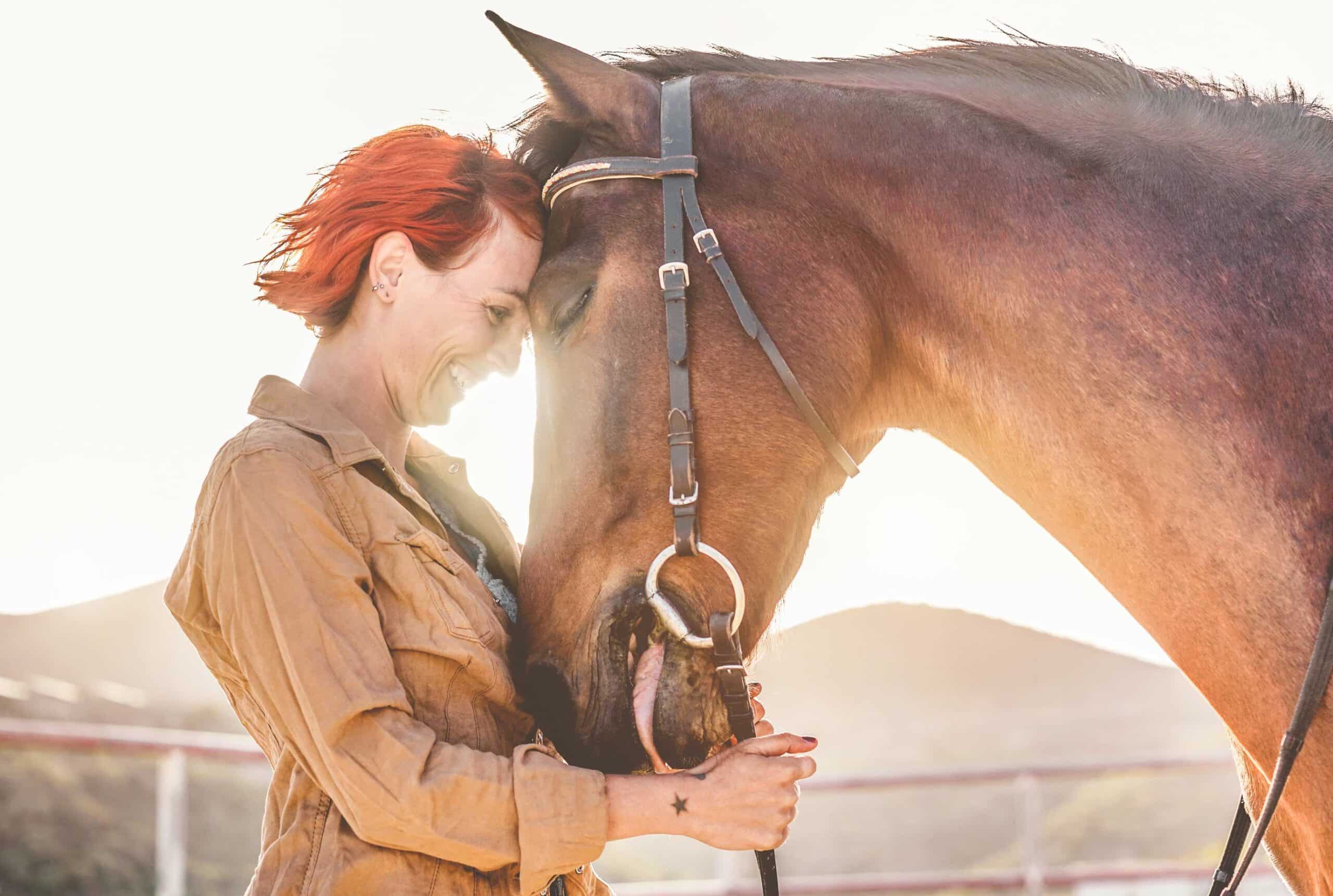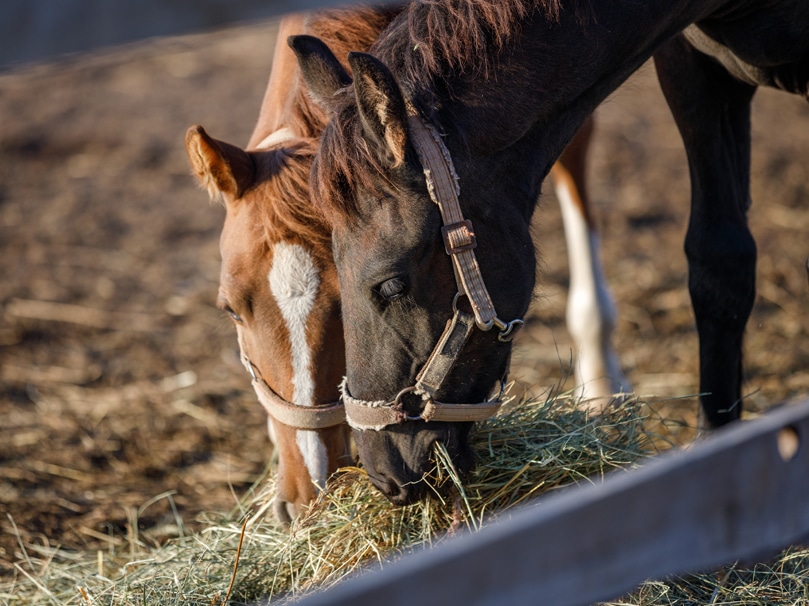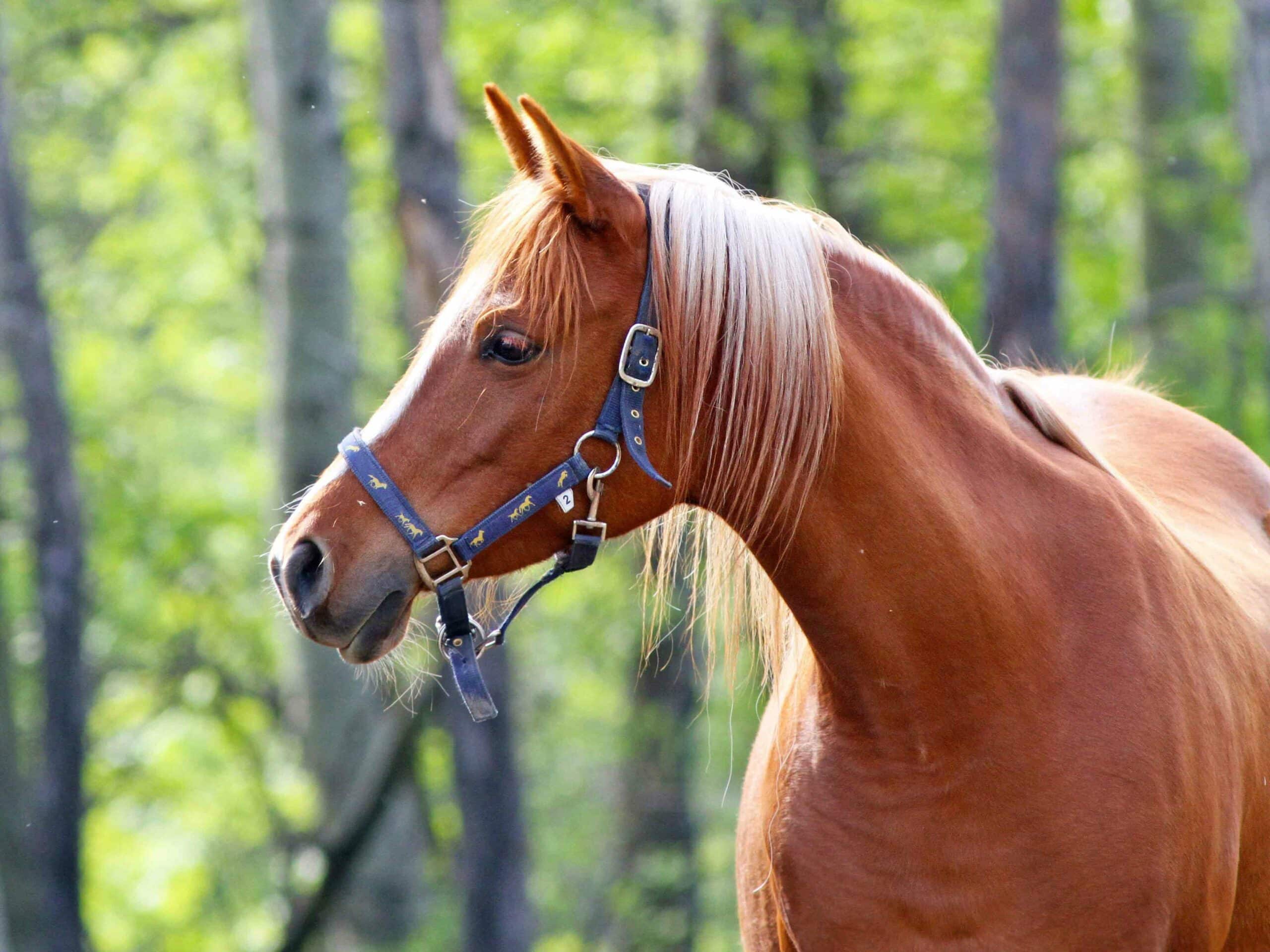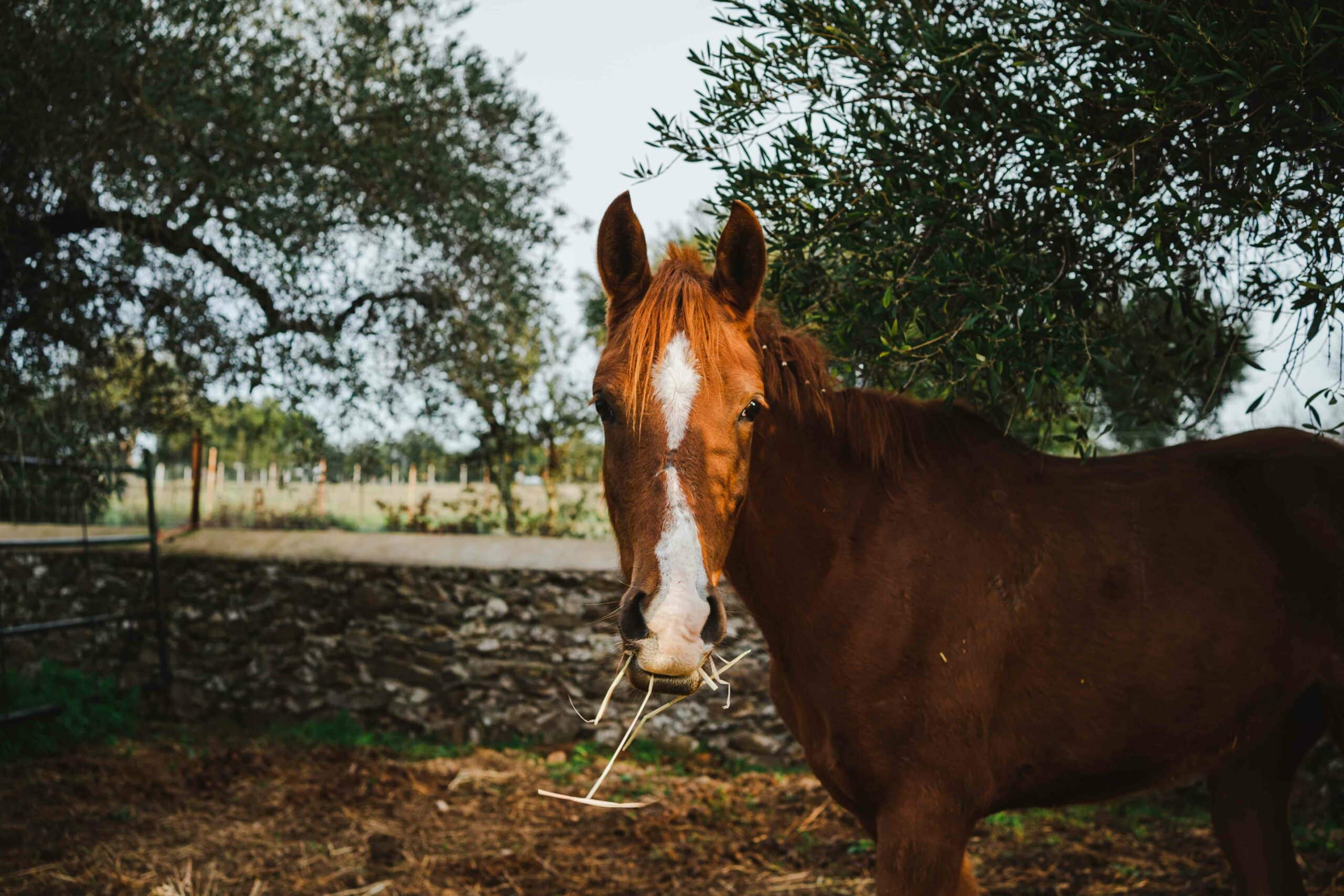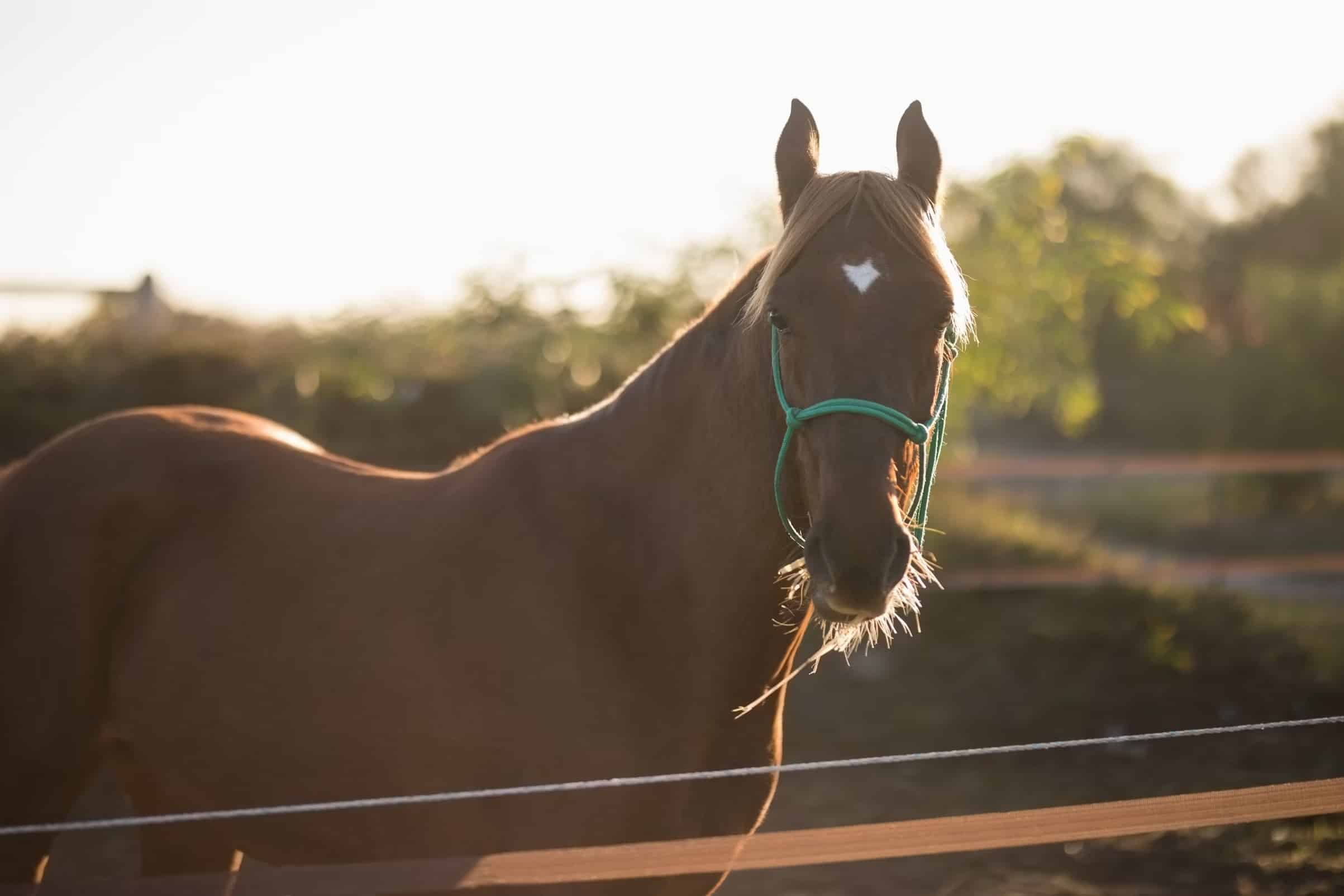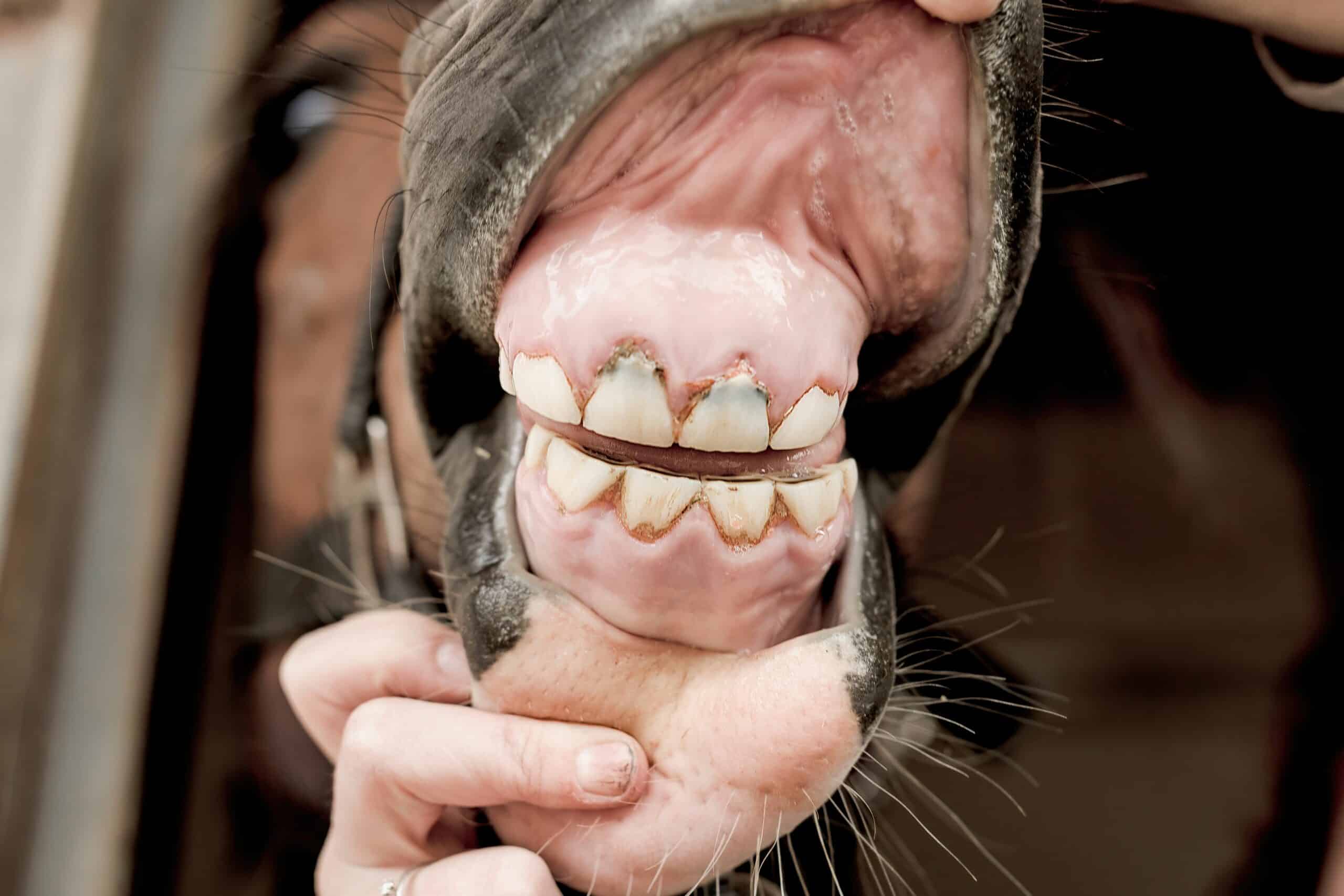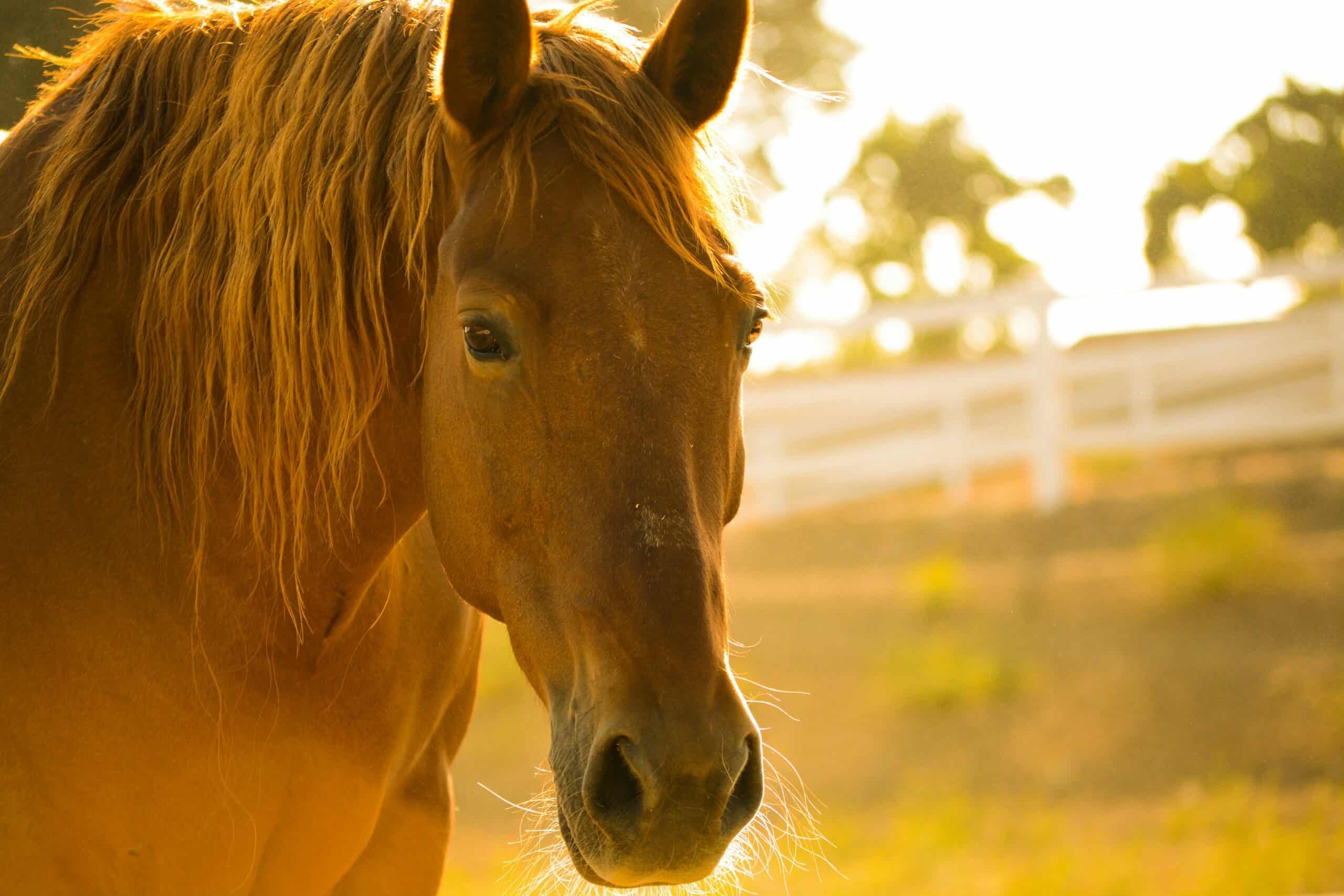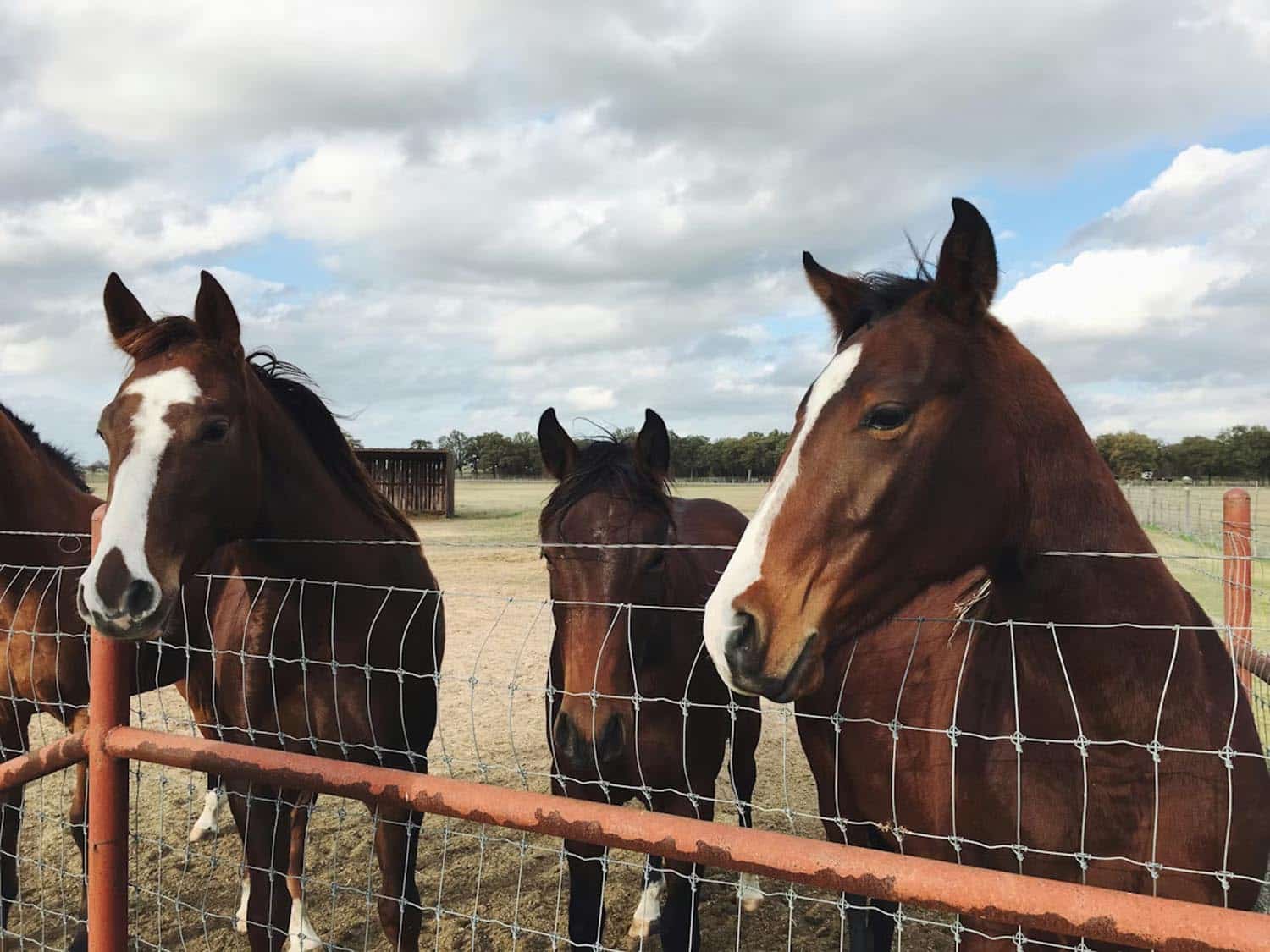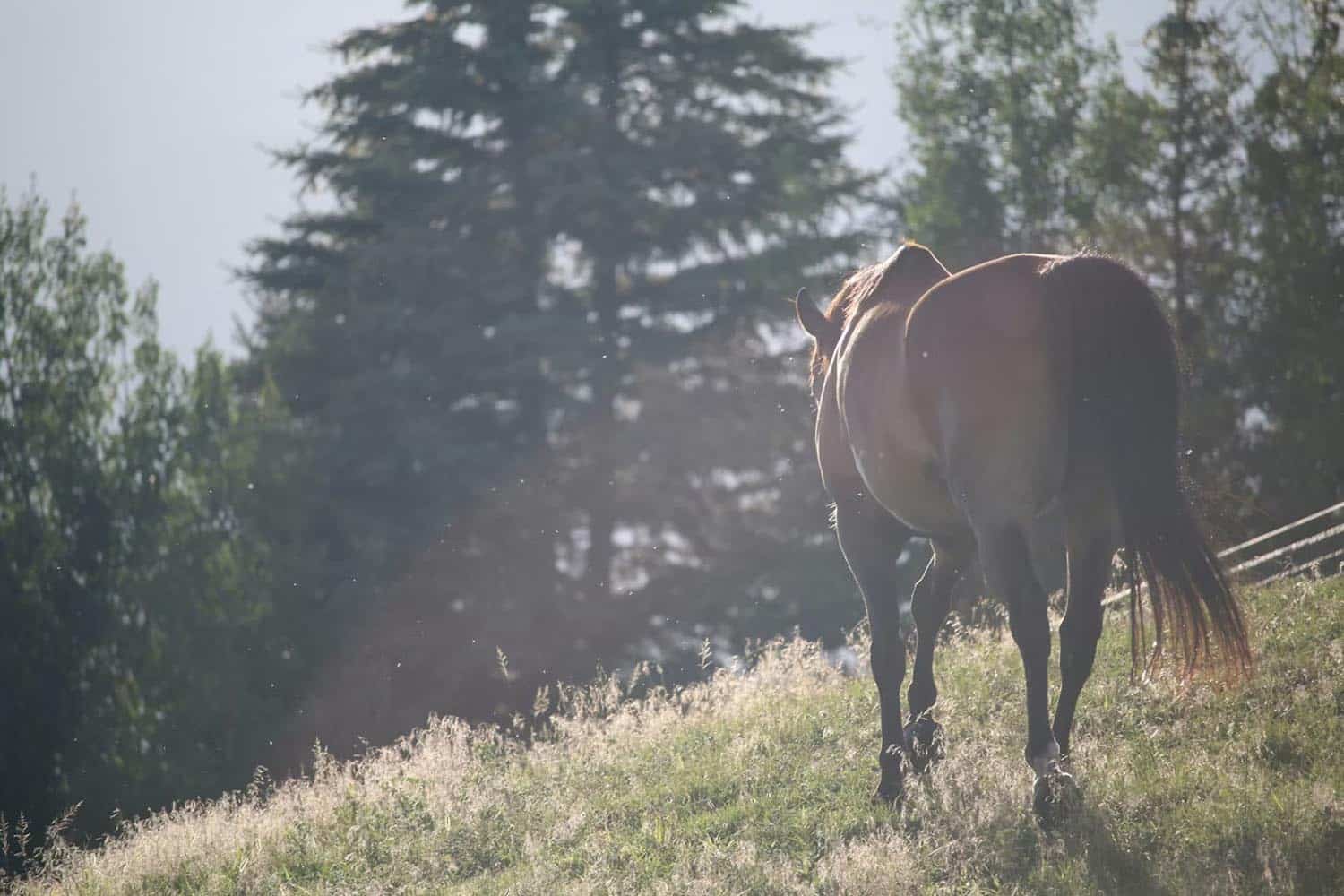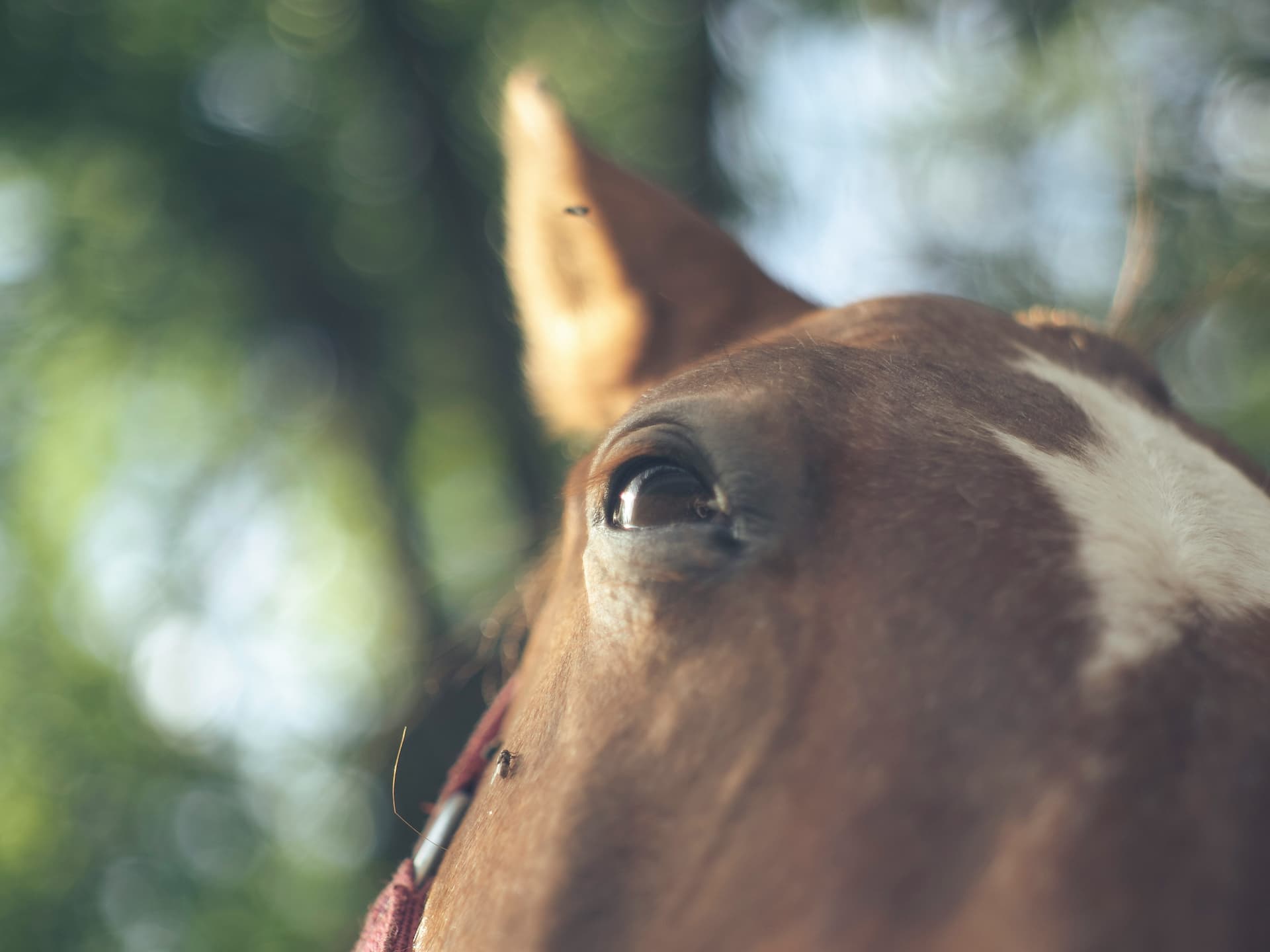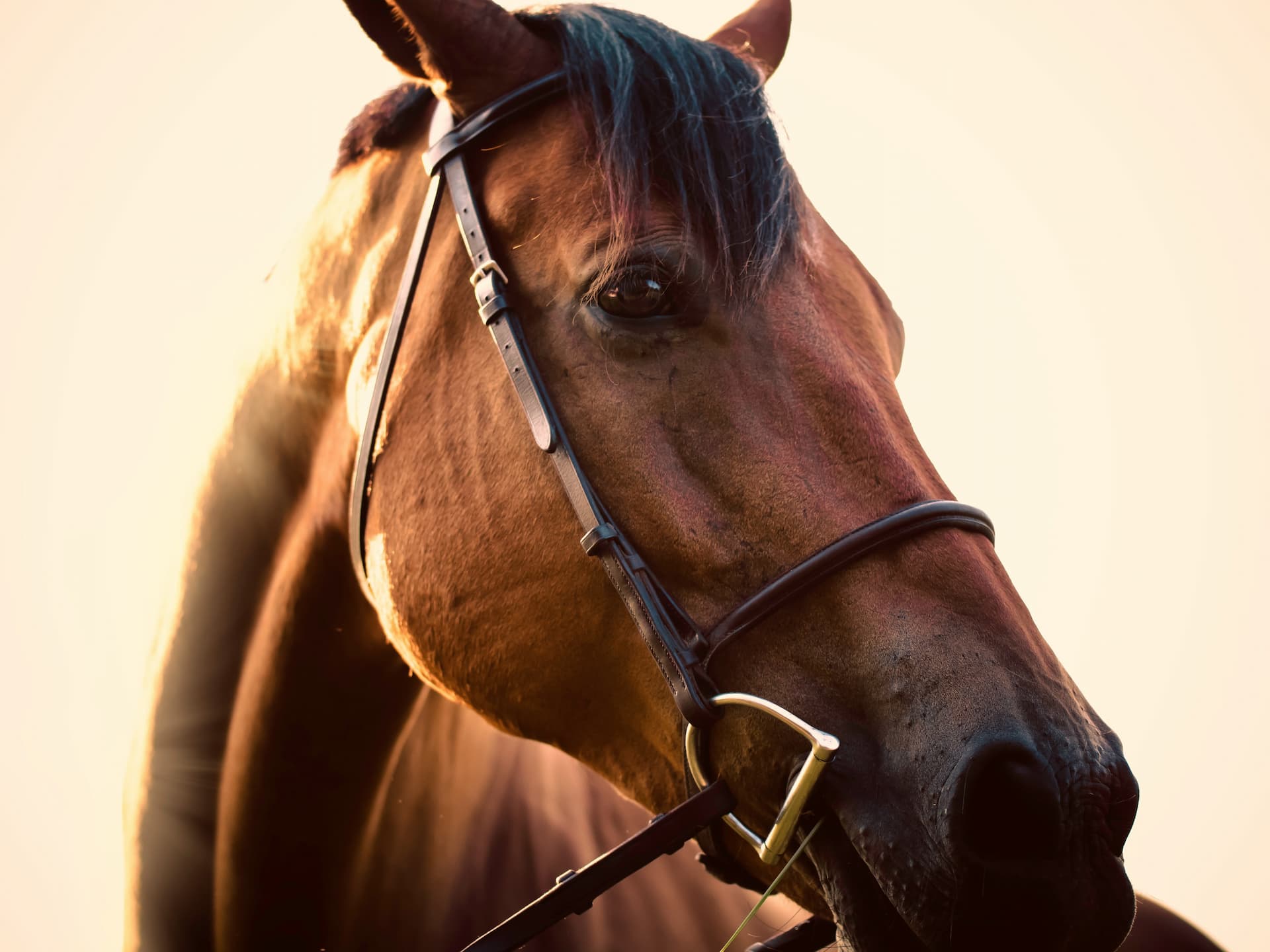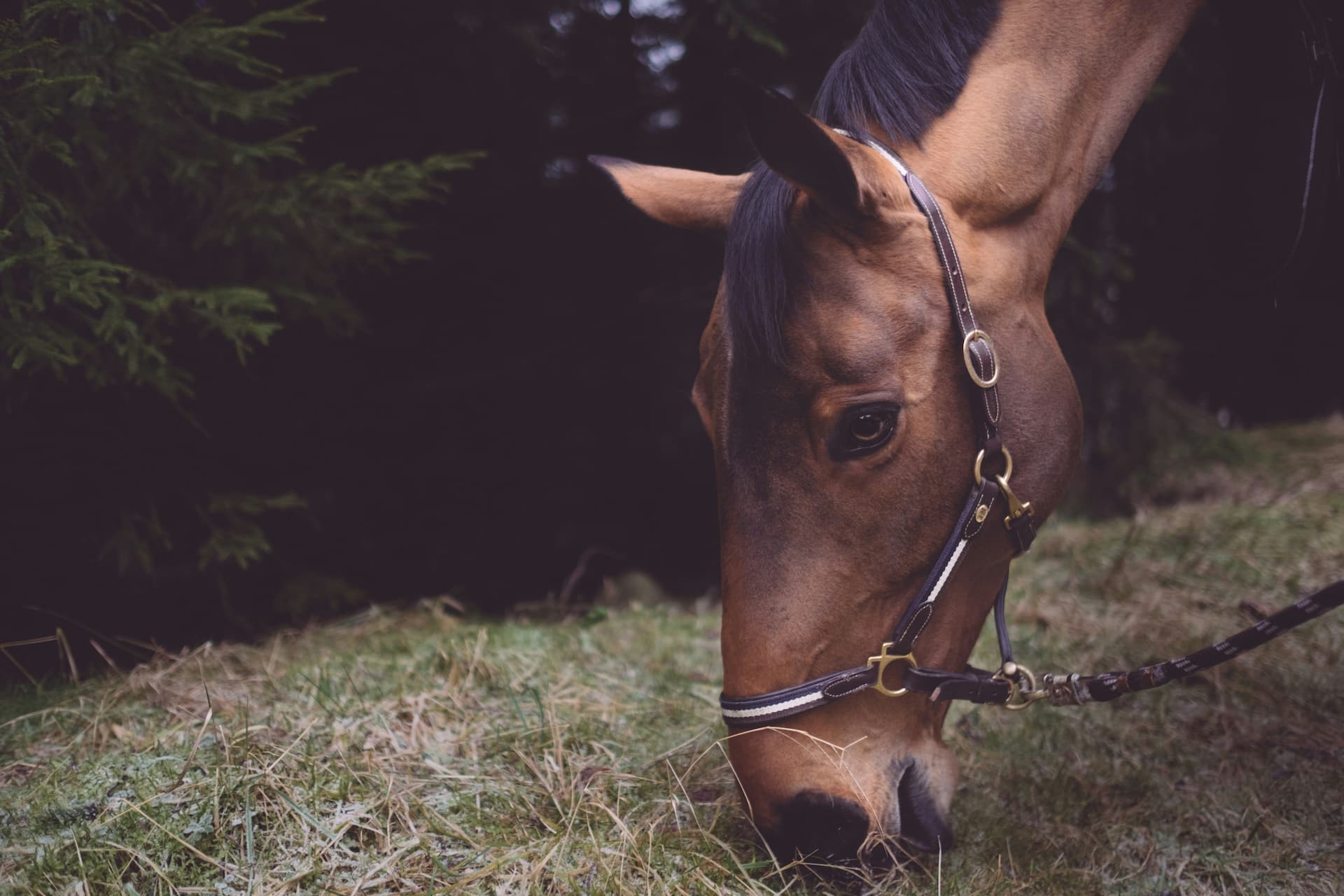
Is Your Horse Hiding Pain?
Horses express pain in various ways. When your horse experiences a sudden injury, it is usually fairly easy to recognize their discomfort and know that something is wrong. However, pain caused by mild injuries and chronic conditions can be more challenging to identify. Knowing how to spot subtle signs of pain is essential for getting your horse the appropriate care and improving their comfort.
In this article, we’ll discuss the hidden signs of pain in horses and what you can do to help.
Hidden Signs of Pain in Horses
While some signs of pain, such as limping, are easy to spot, others are more subtle and are often overlooked. Here are a few signs that can indicate pain or discomfort in your horse.
- Teeth Grinding
Teeth grinding is a common sign of chronic pain in horses. If you notice your horse grinding their teeth, pay close attention to when the grinding occurs. Identifying a pattern or specific timing of the grinding can play an important role in determining why your horse is exhibiting this behavior.
Horses with gastric ulcers are more likely to get painful and grind their teeth after eating. However, some horses will also grind their teeth due to stress or boredom.
- Change in Behavior
A change in behavior is one of the best and easiest ways to tell when something isn’t right with your horse. As a horse owner, you know your horse best and are the most likely to notice subtle changes in their personality or performance. Some common examples include increased aggression, sudden decrease in performance, refusing jumps, acting out under saddle, and disinterest in everyday activities.
Similar to teeth grinding, it’s important to monitor these changes in behavior closely and look for any patterns. This can help determine if pain is a likely cause of the behavior and what kind of pain may be involved.
- Abnormal Sweating
After a hard workout, it’s normal for your horse to work up a sweat. However, if they are sweating for no particular reason, this may be a cause for concern. Sweating is one of the many ways your horse’s body can respond to pain and is a good indication that there may be an underlying problem.
- Self Harm
In some cases, horses will bite or kick at a painful area. This type of self-harm is most commonly seen in horses experiencing colic. Horses experiencing abdominal pain may repeatedly look and bite at their belly.
What You Can Do to Help
If your horse is showing any signs of pain, it’s important to have them evaluated as soon as possible. Some horses can be very stoic, and even subtle signs of pain may indicate a serious problem. Please give us a call so we can help. Our team can perform a variety of diagnostics to determine the source of your horse’s pain and provide recommendations to improve their comfort.
Final Thoughts
No horse owner wants their horse to be in pain. Unfortunately, horses can’t always tell us where it hurts, and signs of discomfort can be very subtle. We hope this information will help you identify the signs of pain sooner and get your horse the help they need.
If you have any additional pain questions or concerns about your horse, please give us a call. Your horse’s health and comfort are always our top priority, and we are happy to help get them back on track.
